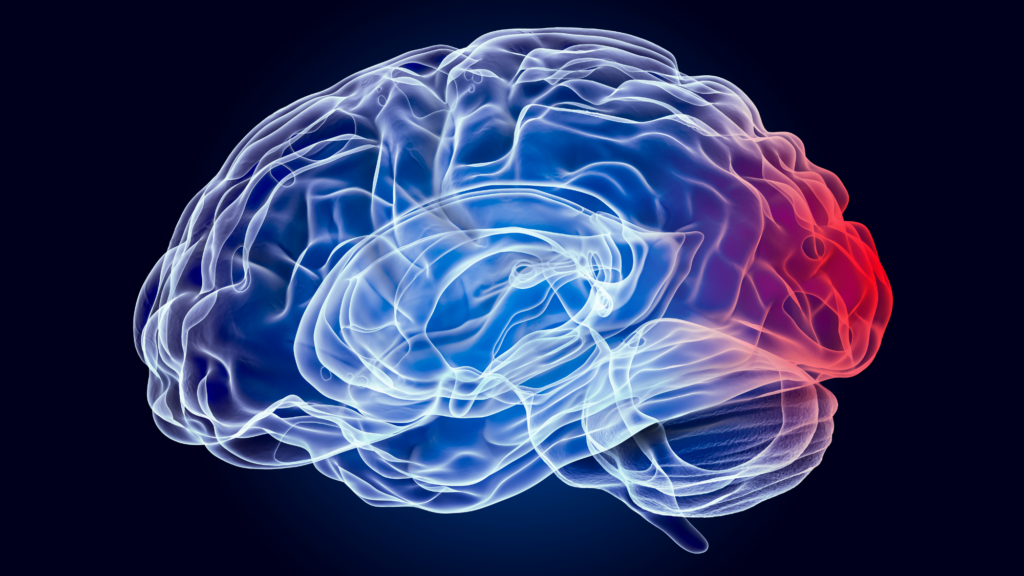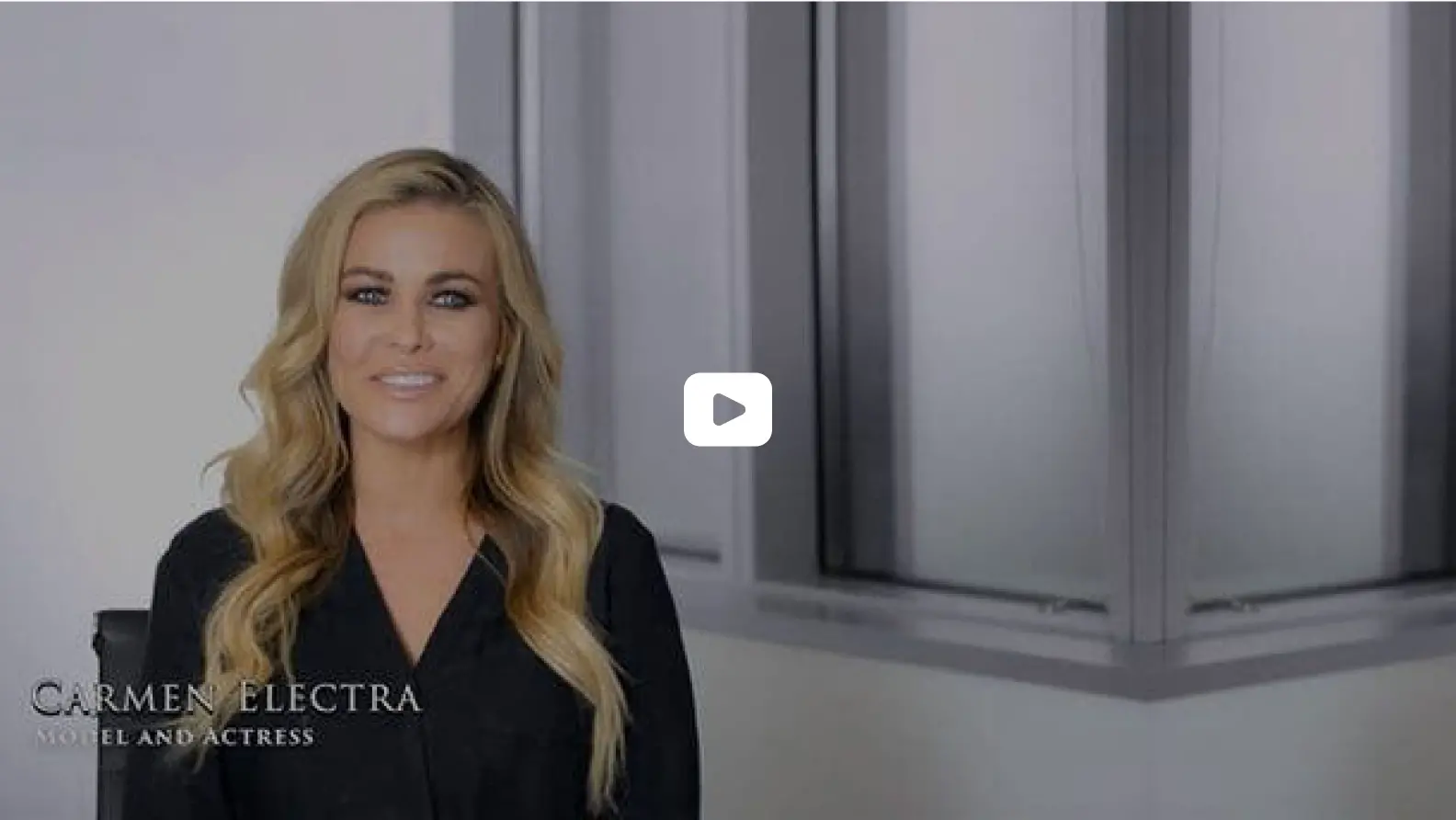
San Bernardino Brain Injury Attorney
The brain is arguably the most important organ in the body. It allows us to function our thoughts, emotions, and body movement. Although it has the skull to act as its barrier to protect it from getting damaged, several types of factors can still get past the cranium and cause intense impact.
Each brain injury victim will have a different diagnosis, and will experience symptoms that may require them to receive long- or short-term treatment to recover. Costs associated with therapeutic services and medical treatment could be expensive.
If your brain injury was caused by a negligent individual or entity, you may be entitled to file a personal injury claim against them to recover compensation. At West Coast Trial Lawyers, our skilled legal team is available 24/7 to guide you through your brain injury lawsuit. We will protect your rights and aggressively negotiate with the opposing side to ensure you get fair compensation.
We run on a contingency-fee basis, meaning that you owe us nothing until your case has settled. To schedule a free consultation with a San Bernardino brain injury lawyer, we welcome you to reach out to us by calling (213) 927-3700 or completing our quick contact form.

What Is a Traumatic Brain Injury?
A traumatic brain injury is temporary or permanent damage done to the brain that is usually caused by an outside force. Numerous elements can contribute to it. Some of these injuries may not be as obvious as others, and, in certain cases, could result in death.
How Do Traumatic Brain Injuries Happen?
A violent blow to the head can cause a traumatic brain injury. The wound could be in one particular area of the brain (focal) or in more than one section (diffuse). To get a proper diagnosis of your condition, you will need to get it examined by a neurologist. They will administer a CT scan or an MRI to detect what part of your brain is damaged.
Traumatic Brain Injury Statistics
According to the Centers for Disease Control and Prevention (CDC), there was an estimate of 214,110 TBI-related emergency department visits in 2020. They also reported a total of 69,473 TBI-related deaths in 2021. Additional statistics about brain injuries provided by the CDC is listed below:
- Self-inflicted acts of violence, such as firearm-related suicide, was the leading cause of TBI-related deaths.
- Falls accounted for roughly half of TBI-related hospitalizations.
- People ages 75 and older had the highest number of TBI-related hospitalizations and fatalities. This age group accounted for 32 percent of inpatient admissions and 28 percent of deaths.
- Males had a higher likelihood of getting admitted to the emergency room and dying from a TBI compared to females.
- People residing in rural areas are at a high risk of dying from a TBI since medical care will be delayed due the lengthy duration of time it will take to reach a hospital and get treated.

Types of Traumatic Brain Injuries
Traumatic brain injuries can take on many forms, including mild, moderate, or severe. These conditions may involve different symptoms that notably distinguish one from the other.
Mild Traumatic Brain Injury
A mild TBI is the most common type to occur each year. It can be caused by:
- Forceful impact to the head or
- A strike to the body that causes the head or brain to shift aggressively.
Once this occurs, the brain will either:
- Bounce or twist inside the skull,
- Damage your brain cells, or
- Trigger chemical reactions in the brain.
These changes can lead to physical, sensory, and cognitive problemsthat will affect the way you think and act. Physical symptoms include:
- Headache,
- Nausea,
- Vomiting,
- Fatigue,
- Speech difficulties, and/or
- Dizziness.
Sensory symptoms may involve:
- Blurry vision,
- Inability to smell,
- Change in taste, and/or,
- Vulnerability to light or sound.
Cognitive symptoms you are likely to sustain are:
- Memory issues,
- Depression,
- Anxiety,
- Trouble sleeping,
- Mood swings,
- Disorientation,
- Loss of consciousness, and/or
- Lack of concentration.
Moderate and Severe Traumatic Brain Injury
Moderate and severe TBIs happen after aggressive force strikes the head. A penetrating head injury may also lead to either of these conditions. Brain injury victims who survive a moderate or severe TBI will endure prolonged health conditions that will require intensivetreatment.
Symptomsassociated with these types of brain injuries include the following:
- Loss of consciousness,
- One or both eyes being dilated,
- Seizures,
- Headaches that progressively worsen,
- Clear fluids emerging from the nose or ears,
- Weakness in the fingers and toes,
- Confusion,
- Slurred speech, and/or a
- Coma.
Common Causes of Brain Injuries
Several factors may lead to abrain injury. The sections listed below will discuss what the leading causes are and who it is likely to affect the most.
Fall Accidents
Falls could happen anywhere, like when getting out of bed, walking down the stairs, or stepping out of the shower or bathtub. Typically, older adults and young children are known to sustain a head injury from either of this scenarios.
Motor Vehicle Accidents
Motor vehicle accidents may result in a brain injury amongst drivers, pedestrians, bicyclists, motorcyclists, and e-scooter riders. Even though a car accident causes the most TBIs, drivers are not as likely to sustain such injuries compared to the other groups since they have more protection surrounding them.
Violence
Violence, such as gunshot wounds or knife stabbings, can severely damage the head. In addition, aggressively shaking an infant could cause them to experience traumatic brain injury symptoms.
Sports-Related Injuries
This type of injury happens when players are engaging in heavy-contact sports, such as football, hockey, or boxing. Typically, younger people are more likely to suffer from a head or brain injury during athletic events.
Explosives
Explosives commonly occur during military operations. It could trigger penetrating trauma, intense blows to the head, and fall accidents. Either of these factors can lead to catastrophic injuries.
Who Is At Risk of Getting a Traumatic Brain Injury?
There are several groups who are at a high risk of getting a traumatic brain injury, including:
- Children, particularly infants to 4-year-olds,
- Young adults ages 15 to 24,
- Older adults ages 60 and older, and
- Males.
Who Is Liable for a Traumatic Brain Injury?
Liability in a traumatic brain injury case will be determined based on the amount of negligence committed by all parties involved. Since California is a pure comparative negligence state, each individual or entity will be evaluated to learn how much damage they contributed to the incident, and the amount of compensation they will need to owe one another.
A traumatic brain injury lawsuit can be filed if it was caused by a motor vehicle accident, defective product, or medical malpractice.
Motor Vehicle Accident
If you suffered a brain injury from a motor vehicle accident, you may be entitled to file a personal injury lawsuit against the at fault driver. Damages you are likely to recover include:
- Medical bills,
- Lost wages, and
- Pain and suffering.
Defective Product
Brain injury victims may pursue legal action if they sustained head trauma due to a defective product. Possible parties that may be held accountable are the:
- Manufacturer,
- Designer,
- Wholesaler,
- Retailer, or
- Other entities associated with the chain of distribution.
In a product liability claim, you will need to prove the following:
- The product had a defect that caused you to suffer a brain injury,
- You got injured after using the product the way it was intended to be used,
- You did not make any significant adjustments to the product, and
- There were no adequate warning signs or instructions on the product itself.
Medical Malpractice
TBI victims may be entitled to sue for medical malpractice if the injury or the degree of damage was done by a healthcare provider. The actions listed below are some examples of clinical errors:
- Misdiagnosing a patient,
- Providing the wrong medication or dosage,
- Surgical errors,
- Unnecessary surgery,
- Ordering incorrect tests, or
- Misreading lab results.
How Does a Brain Injury Affect Your Quality of Life?
A brain injury can drastically affect your quality of lifedepending on its severity. If you endured a mild TBI, you are likely to heal within the first few weeks. Sometimes, symptoms may last longer. It is encouraged to seek medical attention immediately if your condition worsens over time.
If you were diagnosed with moderate or severe TBI, you may experience the following complications:
- Physical and cognitive impairments,
- Emotional and behavioral changes, and
- Challenges fulfilling day-to-day activities.
These specific circumstances could reduce your mobility and affect your overall lifestyle. To improve your condition and regain the skills you had prior to the incident, you will need to undergo extensive medical treatment, such as surgery and rehabilitation.
When Should You Seek Medical Attention After a Brain Injury?
You should seek medical attention if you start to notice symptoms that are affecting you mentally, physically, or both. You may be asked to get a CT scan or an MRI done. The neurologist will take a look at the clear images of your brain, form a diagnosis, and start you on a medical regimen. Recovery will vary for each brain injury victim since some conditions can be easily treated, whereas others may be life threatening and require ongoing medical care.
Traumatic Brain Injuries and Wrongful Death
If you lost a loved one due to a traumatic brain injury, you may pursue legal action against the at fault party to recover compensation. The decedent’s surviving family or estate may file the wrongful death lawsuit, and only one can be submitted under California’s “One-Action Rule.”If the case settles in your favor, you may be granted the following damages:
- Medical bills,
- Funeral and burial costs,
- Loss of financial support,
- Loss of consortium, and
- Emotional distress.
How to Prevent a Brain Injury
To prevent a brain injury, you will need to consider doing the following:
- Wear your seat belt.
- Do not drive while under the influence.
- Use railings when walking up or down the stairs.
- Put on a helmet to keep your head safe when riding an e-scooter, motorcycle, or bicycle. This also applies if you are playing sports, such as baseball, football, or hockey.
- Be aware of your surroundings at all times.
Available Damages in a San Bernardino Brain Injury Claim
Available damages in a San Bernardino brain injury claim will differ based on the variables involved. You will need to present your evidence to your legal team, and they will assess the information provided to determine a rough estimate of what you could be entitled to. From there, they will aggressively negotiate with the opposing side to ensure you get a fair settlement.
In such a case, you could be granted economic, non economic damages, and/or punitive damages.
Economic Damages
Economic damages are tangible expenses you endured as a result of the brain injury, including:
- Medical expenses,
- Rehabilitation costs,
- Lost wages, and
- Lost earning capacity.
Non Economic Damages
Non economic damages are intangible expenses, such as:
- Emotional distress,
- Disfigurement,
- Scarring,
- Loss of enjoyment of life, and
- Loss of consortium.
Punitive Damages
In some cases, you could also be entitled to receive punitive damages. Punitive damages were established with the intent to punish the liable party for their egregious or negligent behavior, and to discourage others from committing similar actions. To pursue punitive damages, you will need to prove that the defendant is guilty of committing malice, fraud, or oppression.
Get Legal Assistance From a San Bernardino Brain Injury Attorney at West Coast Trial Lawyers Today
Brain injury victims are entitled to file a personal injury claim to recover damages. At West Coast Trial Lawyers, our knowledgeable San Bernardino brain injury lawyers are readily available to assess your case and determine what necessary steps should be taken to get you full compensation.
To schedule a free consultation, we welcome you to contact our 24/7 legal team by calling (213) 927-3700 or completing our easy contact form.
More Resources About Brain Injuries
Brain Injury Lawsuit and Fatigue Scale



